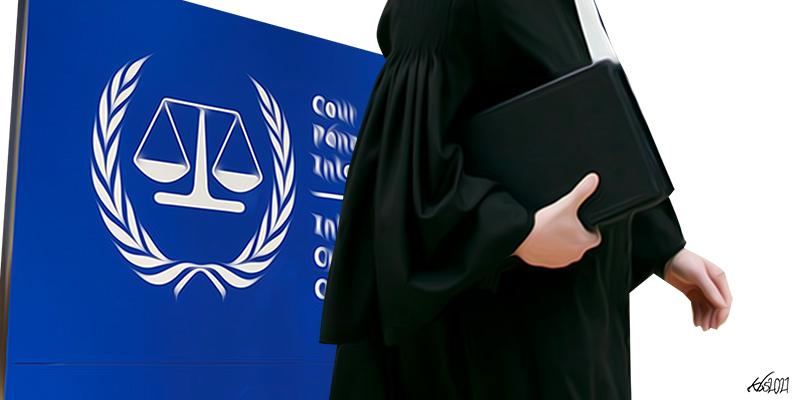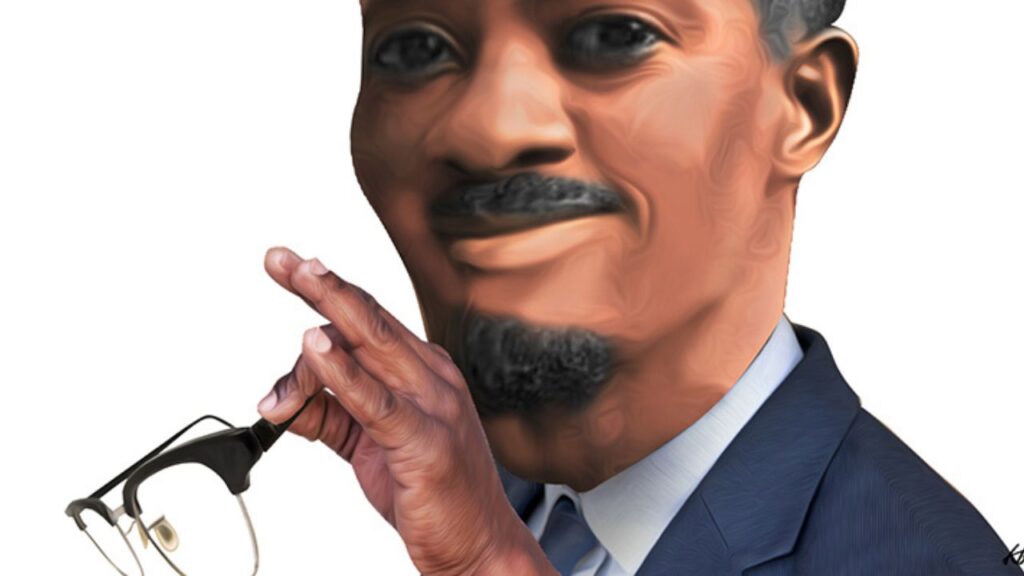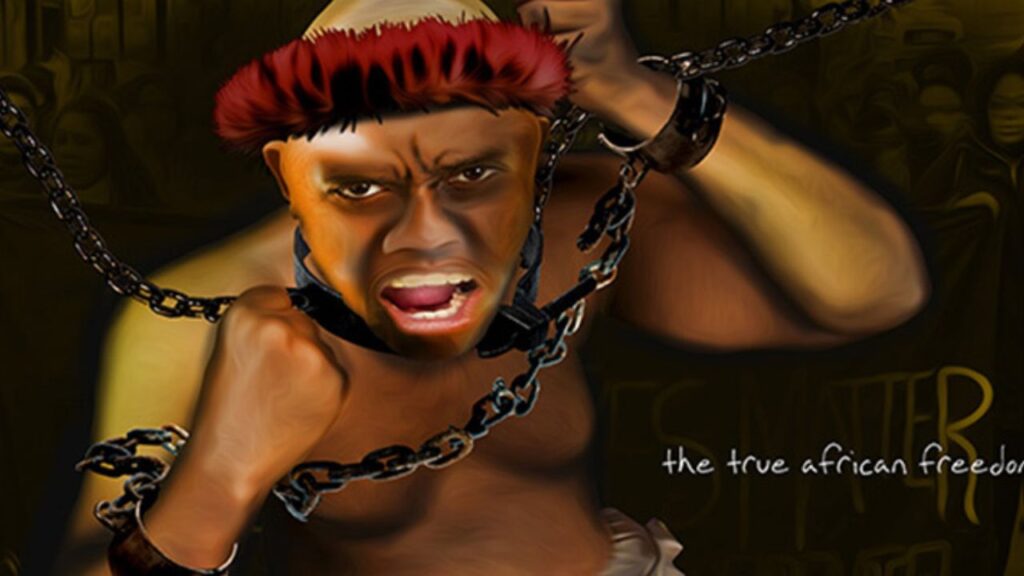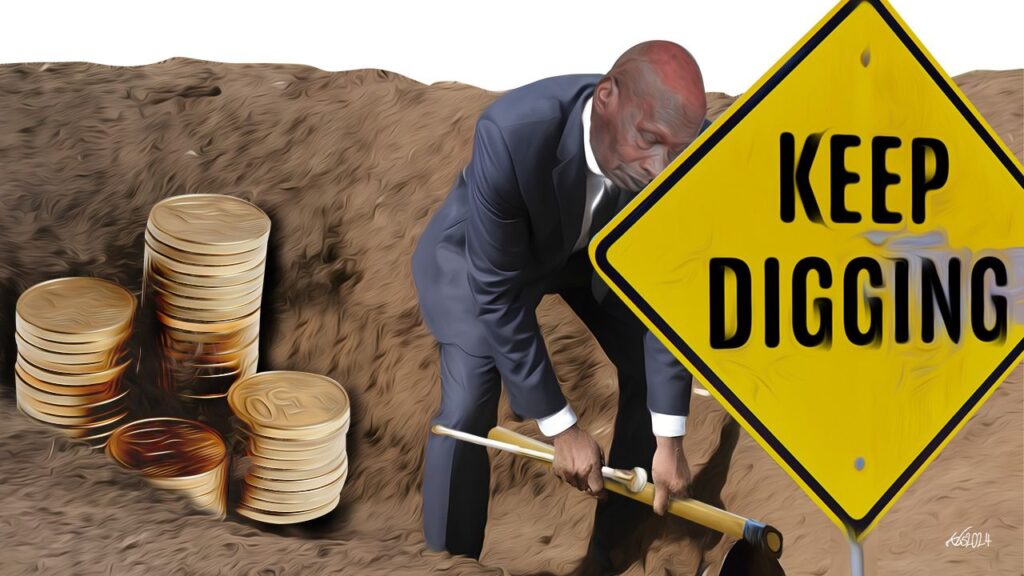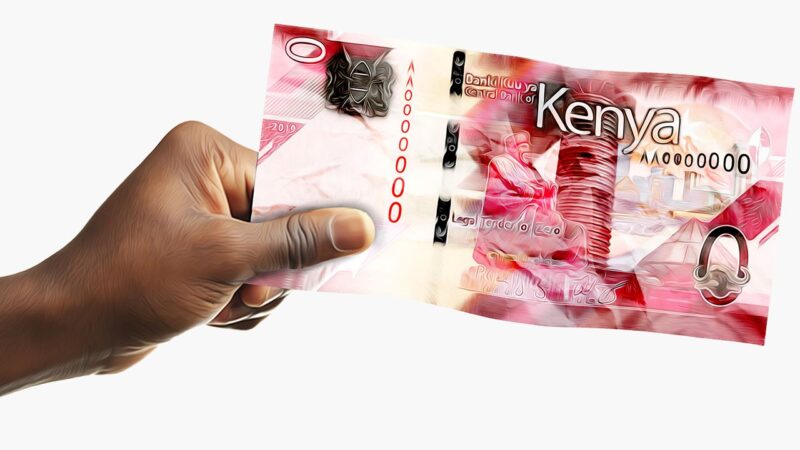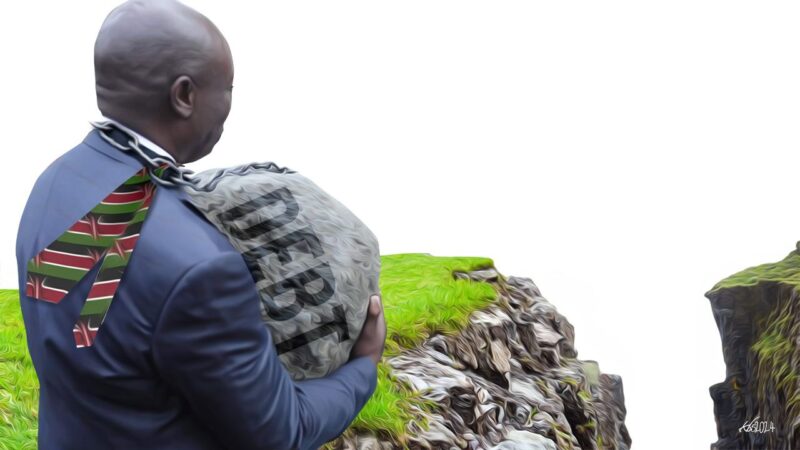During the five-year-long proceedings at the International Criminal Court (ICC) against former Ugandan rebel commander Dominic Ongwen, there was not a peep from the Ugandan government about the ICC’s bias against Africans.
Uganda’s President Yoweri Museveni did not show any such restraint towards the ICC when he was the chief guest at the April 2013 inauguration of then newly elected Kenyan President Uhuru Kenyatta.
“I was one of those that supported the ICC because I abhor impunity. However, the usual opinionated and arrogant actors using their careless analysis have distorted the purpose of that institution,” Museveni said in his 9 April 2013 speech. The actors he made indirect reference to were unnamed Western countries.
Museveni accused those actors of using the ICC, “to install leaders of their choice in Africa and eliminate the ones they do not like.”
At the time Museveni spoke, Kenyatta and his deputy William Samoei Ruto were due to face trial at the ICC. The case against Kenyatta was terminated in March 2015 before trial hearings began. Ruto’s case was terminated in April 2016 after the prosecution had called its witnesses. In a majority decision, the judges said the case against Ruto and former journalist Joshua arap Sang had deteriorated so much that they could not determine Ruto’s and Sang’s innocence or guilt. The judges said the case deteriorated because of a campaign to intimidate and bribe witnesses.
No sense of irony
During the April 2013 inauguration of Kenyatta, Museveni exhibited no sense of irony when he accused unnamed actors of using the ICC to eliminate leaders they did not like. By the time Museveni was making his speech, his government had already debated and agreed to use the ICC as one way of “eliminating” its problems with the Lord’s Resistance Army (LRA) rebel group in northern Uganda. In December 2003 Uganda formally asked the ICC to investigate the atrocities committed in northern Uganda.
Following that formal request, Uganda shared with the ICC’s Office of the Prosecutor (OTP) several years’ worth of recordings of the government’s intercepts of LRA radio communications. Together with those recordings, the government also gave the OTP the contemporaneous notes made of the intercepts. On top of that, the government also gave the OTP a list of 15 LRA leaders it believed were responsible for the atrocities committed in northern Uganda.
All this emerged during the course of Ongwen’s trial at the ICC for his role in atrocities committed between 2002 and 2005 in northern Uganda. Ongwen, a former LRA commander, was convicted of 61 counts of war crimes and crimes against humanity in February this year and was sentenced to 25 years in prison in May. Ongwen is in the process of appealing against his conviction and sentence.
In his April 2013 speech, Museveni acknowledged that his government had cooperated with the ICC. “We only referred Joseph Kony of LRA to the ICC because he was operating outside Uganda. Otherwise, we would have handled him ourselves,” said Museveni. This statement is only partly true.
When in December 2003 Uganda formally requested the ICC to investigate the atrocities committed in northern Uganda, Kony was based in what is today South Sudan. But he was there with a small group of senior LRA commanders and other LRA members. During Ongwen’s trial, the court heard that by the time Uganda made its referral to the ICC, most of the LRA’s commanders and members had left the group’s rear bases in then southern Sudan and crossed the border back into northern Uganda. This is because Uganda had reached a deal with Sudan that allowed it to cross the border and attack the LRA’s rear bases. Uganda called this military offensive Operation Iron Fist.
African leaders protecting each other
The Ugandan government’s actions may seem contradictory but they fall well within the pattern African leaders have adopted when it comes to the ICC. Whenever there has been a case against an African president or deputy president at the ICC, this has been discussed at the African Union. As for ICC cases against other Africans, the African Union has not discussed them or passed resolutions on them, even if those cases involved former presidents or vice presidents. Despite its contradictory approach towards ICC matters, the African Union has not shied away from accusing the ICC of having an Africa bias.
Ever since, in July 2008, the OTP applied for an arrest warrant against then Sudanese President Omar al-Bashir in connection with the atrocities committed in Sudan’s western region of Darfur, the ICC has been on the agenda of the regular African Union meetings of presidents and prime ministers. ICC pre-trial judges eventually issued two arrest warrants against al-Bashir in March 2009 and July 2010.
African heads of state and government usually meet twice a year as the summit of the AU. Between 2009 and 2020, at each of those summits, they passed resolutions on the ICC or they reaffirmed past resolutions on the matter and directed a ministerial committee to follow up on those resolutions. The resolutions African leaders have passed at these summits have called for the termination or deferral of cases at the ICC implicating serving heads of state or their deputies.
Despite its contradictory approach towards ICC matters, the African Union has not shied away from accusing the ICC of having an Africa bias.
None of the resolutions has mentioned any of the other cases that have come before the ICC such as the one against Laurent Gbagbo, Ivory Coast’s former president, or the one against Jean-Pierre Bemba, a former vice-president and senator of the Democratic Republic of Congo. The ICC has concluded the cases against Gbagbo and Bemba, acquitting both of them.
The African Union has not been the only critic of the Africa-bias in case selection at the ICC. Academics, lawyers and members of civil society have all criticised or highlighted this bias. But the African Union has been the loudest critic. And what the African Union has said on the issue has often been summarised to mean Africa is against the ICC.
Presidents have immunity, ok?
But this paring-down a complicated issue has blurred the African Union’s two-track approach in its relationship with the ICC. Whenever a head of state such as Sudan’s Omar al Bashir is the target of an arrest warrant, the African Union is strident in its criticism of the court. After al-Bashir was toppled from power in April 2019, his arrest warrants ceased to be the subject of AU resolutions.
Instead, the AU has now turned its focus on the issue of the immunity of heads of state and other senior government officials. Under the Rome Statute, head of state does not have immunity if that person is charged with a crime under that Statute. What’s more, the ICC regularly communicates with member states when the court has been informed that a person for whom there is an outstanding arrest warrant is traveling to those member states.
This was the case with al-Bashir when he was Sudan’s president. Some countries chose to ignore the ICC’s communication. Others advised al-Bashir not to travel to their country and risk arrest. And some have argued they could not arrest al-Bashir because he was in their country to attend an international meeting they were hosting and that, under international customary law, al-Bashir enjoyed immunity for the purpose of the meeting. This is what South Africa and Jordan argued when the issue of immunity for heads of state was litigated before the ICC.
The most recent AU summit resolution on the ICC was issued in February 2020. In it, AU member states are called on to “oppose” the ICC Appeals Chamber judgement in a case Jordan had filed. The resolution said the decision by the ICC Appeals Chamber was, “at variance with the Rome Statute of the International Criminal Court, customary international law and the AU Common Position.”
The judgement referred to in the AU resolution dealt with the question of whether Jordan, as an ICC member, should have arrested al-Bashir when he went to Jordan in March 2017 to attend a regular summit of the League of Arab States. The ICC Appeals Chambers was unanimous that Jordan should have arrested al-Bashir when he visited that country.
After al-Bashir was toppled from power in April 2019, his arrest warrants ceased to be the subject of AU resolutions.
The five-judge panel also agreed that customary international law gave heads of state immunity in certain circumstances such as immunity from another country’s jurisdiction. But the Appeals Chamber concluded that such immunity did not extend to executing ICC arrest warrants.
The AU’s call to oppose the ICC Appeals Chamber’s May 2019 judgement on Jordan ignores one thing: the AU made submissions to the Appeals Chamber before it reached its judgement. The AU made its submissions at the invitation of the Appeals Chamber. The AU’s chief lawyer, Namira Negm, led the team that argued its submission during the hearings on the Jordan case that were held between 10 and 14 September 2018.
In the February 2020 resolution, the AU also asked African members of the ICC to raise before the court’s membership issues that concern African states such as “the rights of the accused and the immunities of Heads of State and Government and other senior officials.” The resolution further asked African members to “propose necessary amendments to the Rome Statute within the ambit of the ongoing discussions on the reform of the ICC,” by its membership.
Making peace without al Bashir
One reason the AU gave against effecting the arrest warrants against al Bashir was that he was key to bringing peace to Sudan’s western region of Darfur. The AU was involved in negotiations for peace in Darfur, a process that has been on and off over the years. Ironically, once al-Bashir was removed from power in April 2019, the transitional authorities who replaced him were able to initiate and conclude peace deals on the Darfur conflict last year.
In August this year, the Cabinet in Sudan resolved to hand over al Bashir to the ICC in execution of the two arrest warrants against him. This is a significant step since the transitional government took office in 2019 and indicated that Sudanese authorities were considering reversing the previous position that al Bashir would not be handed over to the ICC. The next step is for the overall transitional authority in Sudan, the Sovereignty Council, to discuss the Cabinet decision and decide whether to endorse it.
Ignoring victims
The criticism levelled at the ICC that it is biased against Africa often ignores a key issue: the victims of conflict on the continent. When a conflict is at its peak, victims will receive emergency aid. The more prolonged a conflict becomes, the less aid victims receive. Rarely will such aid be from the victims’ government. And often that foreign-donated aid is all that victims of conflict can expect.
The perpetrators of the conflict that made them victims are rarely held to account for the atrocities they committed. Yet, victims live with the consequences of those atrocities for the rest of their lives. This was the constant refrain of the victims of the northern Uganda conflict who testified during the Ongwen trial.
The criticism levelled at the ICC that it is biased against Africa often ignores a key issue: the victims of conflict on the continent.
Women testified about their families rejecting them because they returned home with children they gave birth to while with the LRA. One person testified about having to change schools several times because teachers and students abused him when they found out he had been in the LRA. Another person testified about wanting to resume his education that was interrupted when he was abducted by the LRA but he did not earn enough to do that and also educate his children. So he has focused on educating his children.
These and other victim stories are rarely spoken about whenever the ICC is criticised of having an African bias.

